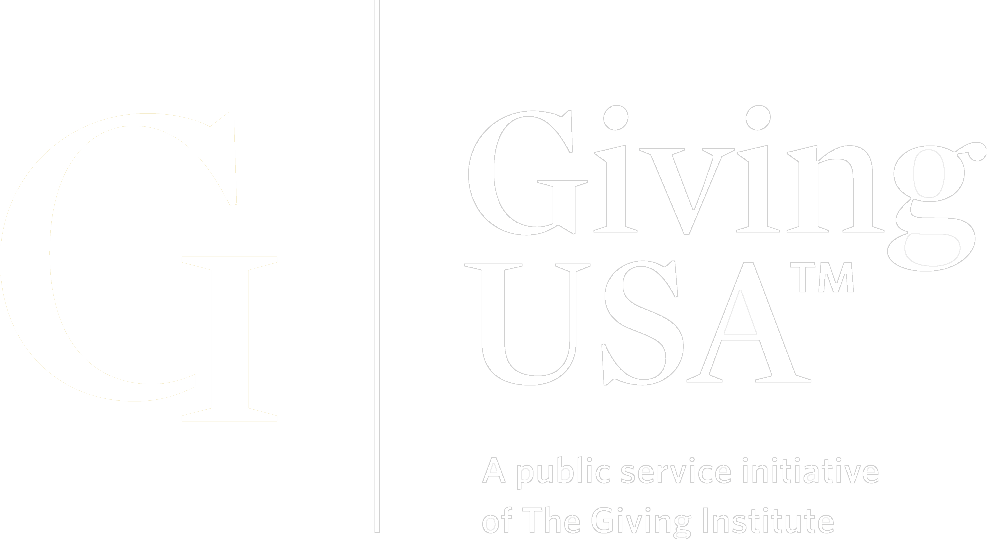Simple Tools…Fundraising Success!
Mary Ellen Clark
Senior Vice President
We all want to be successful, whether at work or as a volunteer. As a development professional, it is your responsibility to ensure your Board has the tools necessary for fundraising success.
One of the greatest challenges facing certain Board members is getting an appointment with a prospective donor. Notice that those who have a career in sales make their calls on time and report back? Maybe it is because they have been trained in “cold calls” or in handling rejection over the phone. Or maybe they consistently work at knowing the best approach to their prospective donor.
A letter of introduction is often the best way to get the attention of the prospective donor; it can increase the likelihood that he/she will return the call and make time to meet. Here are some simple suggestions for an effective letter of introduction to help your Board members become successful in making prospective donor calls:
- Begin with a one-page letter, and state your objective to meet in the first sentence
- Find a catchy introductory sentence, or consider mentioning a friend’s name
- Explain why it is important to meet in person to discuss the organization and project you are representing
- Explain why you are involved in the project
- If you send an email, include a short power point or video about the organization and the project
- Repeat the fact that you will be calling for an appointment
Be certain to track in the database all contacts made with the prospective donor, and how best to communicate with him/her. Enjoy watching your Board members develop their cultivation and solicitation skills, and most importantly, enjoy watching your organization succeed!
To further discuss how your organization can achieve fundraising success, contact me directly at meclark@jba.flywheelsites.com.
It’s Not About the Money
By Judy Keller
Senior Vice President
Too often, out of concern about their organization’s fundraising and finances, Development Directors and CEOs focus on the money when they are talking to donors. I often have to remind staff that for a donor, it’s not about the money.
Donors are interested in the mission and the good things that happen when they invest in your organization. As staff, your conversations with donors should be about the impact and change your organization is making possible – not the internal concerns of finance.
As an example, a recent article in the Chronicle of Philanthropy introduced Jeffrey Walker, a private-equity investor-turned-philanthropist, who says he hates “boring thousand-person fundraising galas.”
So when he chaired the Board of the foundation that runs Monticello, Thomas Jefferson’s elegant Virginia estate, Mr. Walker decided to use the founding father’s genius in marshalling people and ideas to revolutionize the organization’s fundraising and make it more democratic. Instead of leading big fundraising events for Monticello, Mr. Walker began mimicking Mr. Jefferson’s habit of holding small, intimate dinners for influential people with common interests. He also borrowed Mr. Jefferson’s practice of holding a table-wide discussion among his dozen or so guests, rather than having people chat in groups of two or three, and he banned fundraising pitches at these “Jeffersonian Dinners.”
“I was looking for ways to connect,” Mr. Walker says. “It’s wonderful for philanthropists to get together at these dinners and be listened to, not preached at. It is a joyful, energizing experience.”
These Jeffersonian Dinners have been described in detail in a book he recently co-authored called The Generosity Network: New Transformational Tools for Successful Fundraising. But the point is a valid one for many of the organizations we serve. Here are some tips on how to be sure your conversations with donors will not become “boring thousand-person fundraising galas”:
- Don’t lecture. If you find yourself speaking for more than 60 seconds without the other person chiming in…stop talking.
- Listen. The best fundraisers ask open ended questions and then listen. They develop meaningful relationships with donors based on mutual respect and interest.
- Don’t glad hand. If you are not genuine in your thanks, the donor will pick up on it immediately.
- Bring donors together around similar interests so they are empowered and their support for your organization strengthened.
- The conversation should not focus on money, but what good will result from the change you seek.
To further discuss how you can successfully cultivate donors, contact me directly at jkeller@fundraisingJBA.com.


